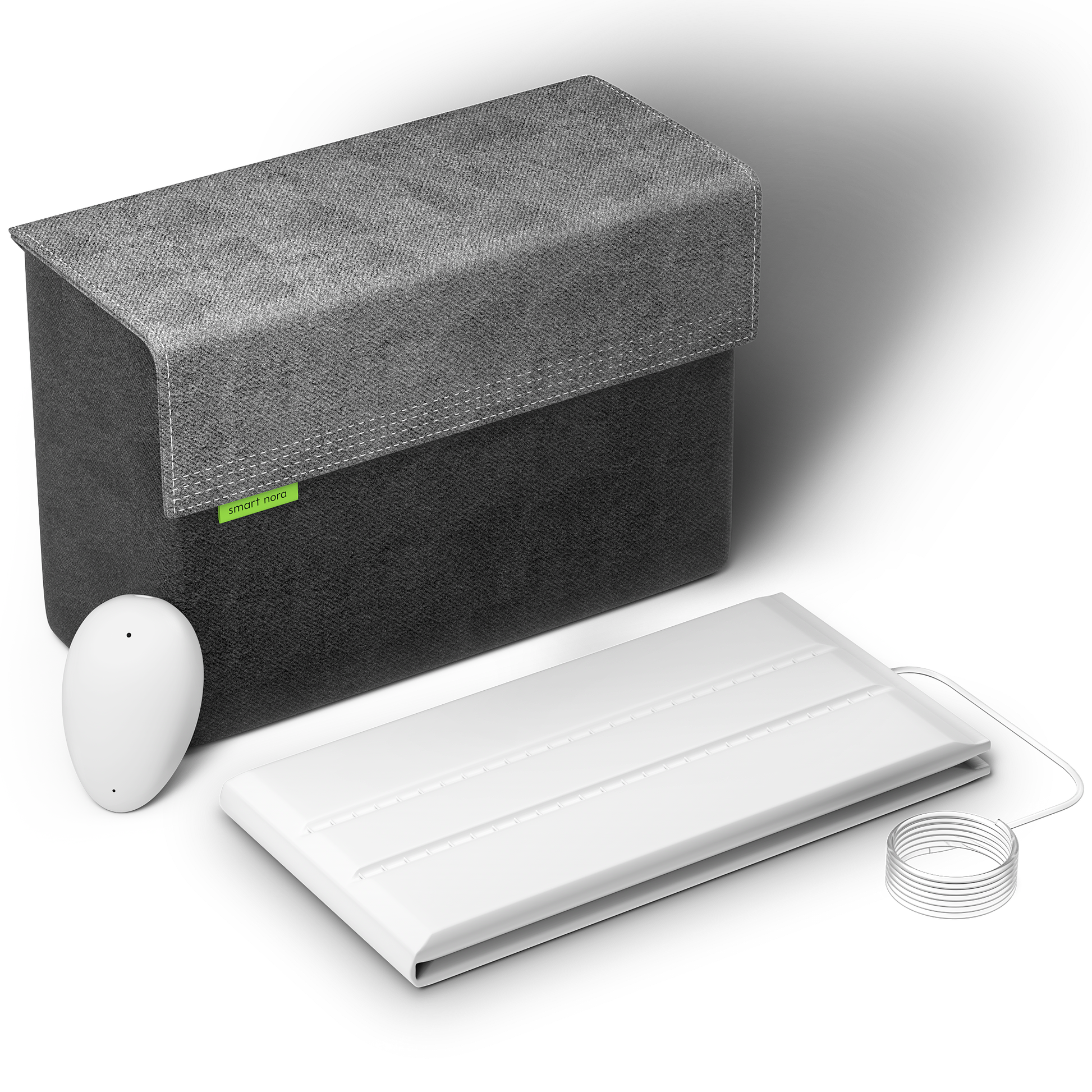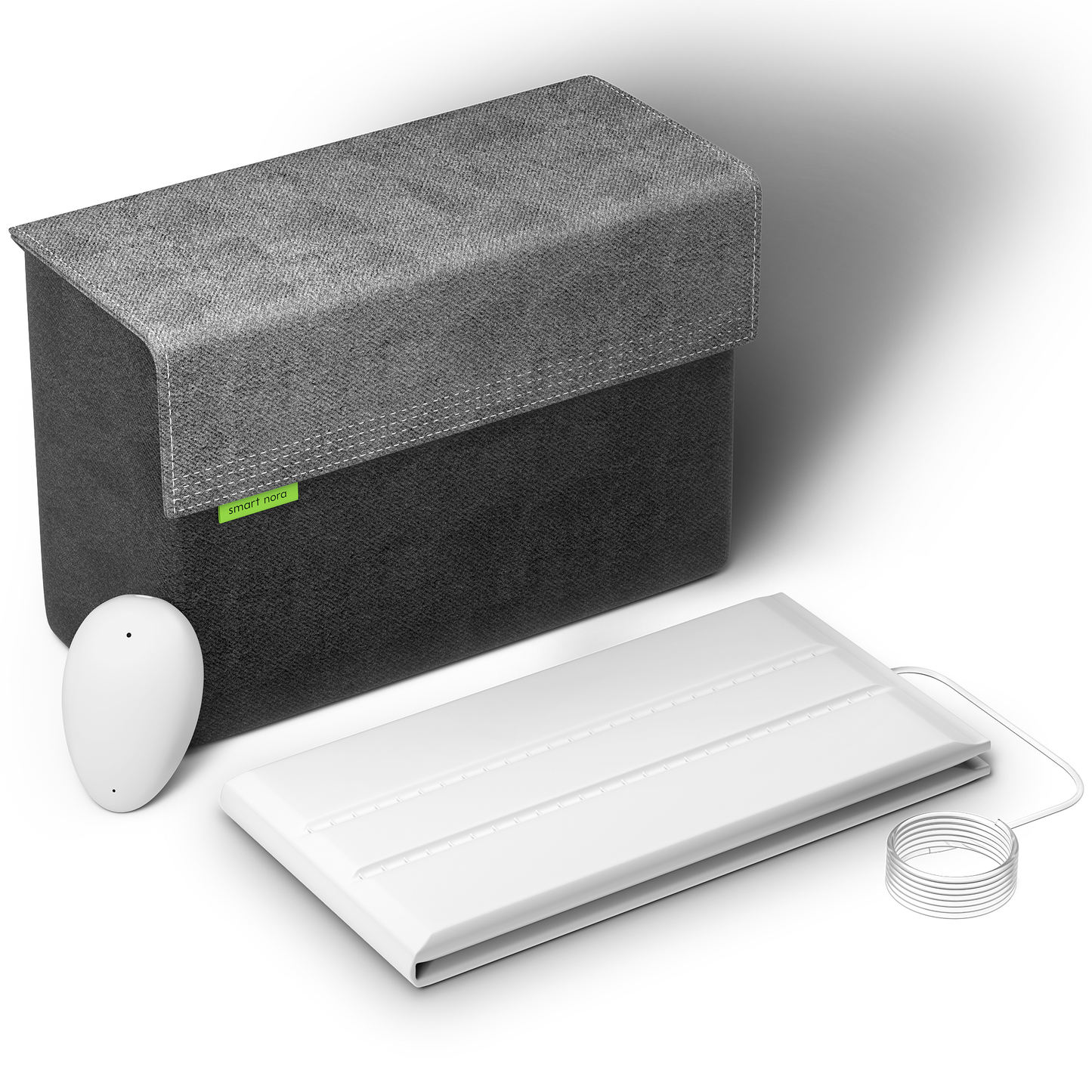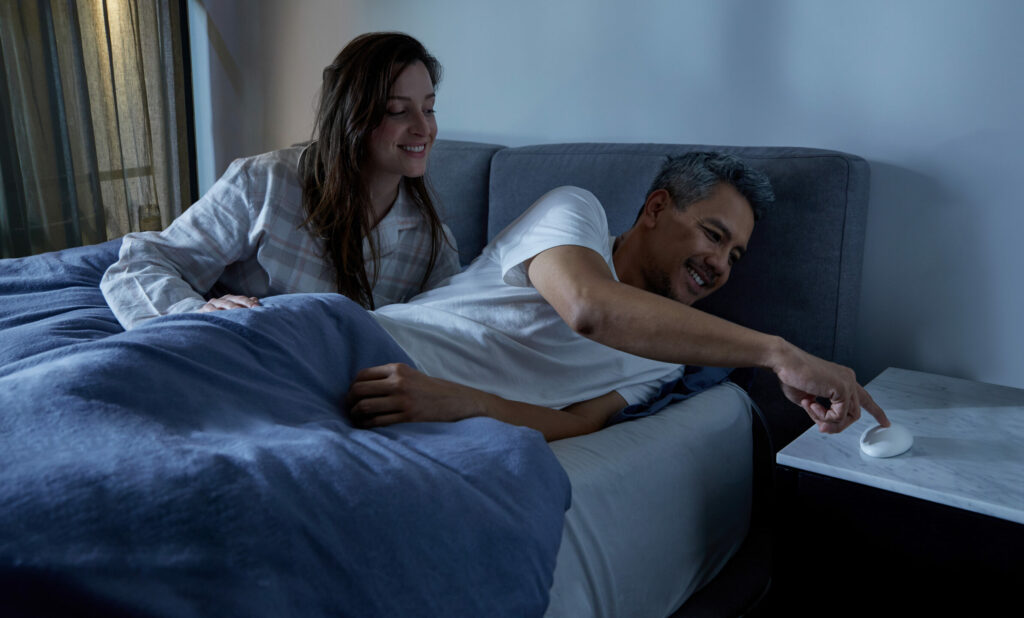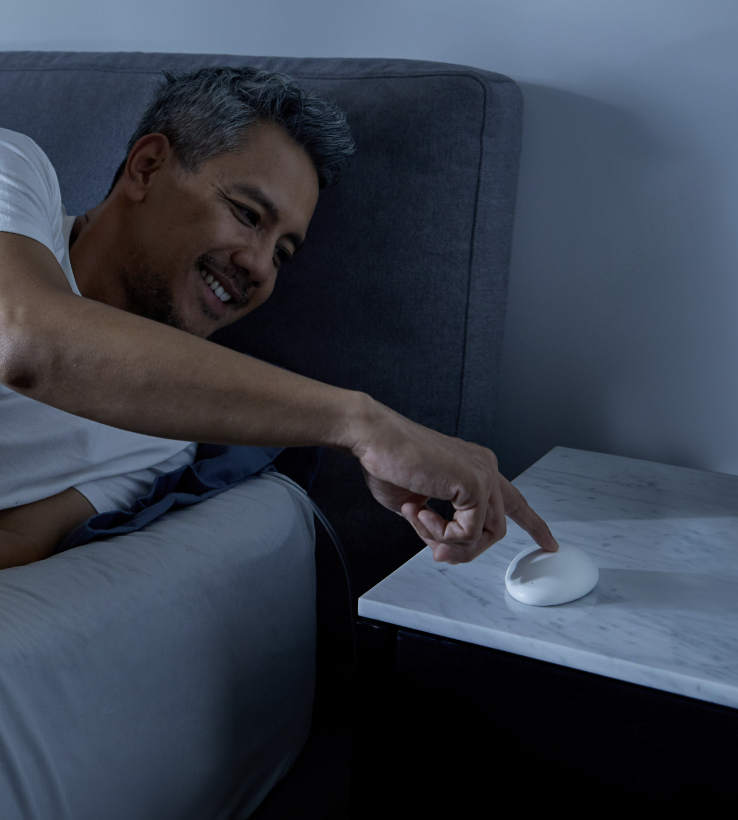Our most private living places are our bedrooms, and when it concerns relationships, what occurs in the bedroom between partners frequently shows the quality (or lack thereof) of the bond. Intimacy, both physically and emotionally, happens in bed.
Like all other myths, those about relationships and the bedroom are frequently based on cultural and historical justification. Our imaginations, social influences, and marketing all influence how society views love relationships. They are occasionally developed as a desperate attempt to explain something or regulate the environment.
It can be challenging to separate myth from reality, and we might not even be aware of the extent to which wholly fictitious concepts impact our expectations and interpersonal behaviors. Here are some common misconceptions about sleep and relationships that we want to dispel.
Busting 9 Sleep & Relationship-Related Myths
Everybody knows those sporadic facts – the ones that we don’t want to believe, and we don’t know where they came from. Whatever you want to call them—old wives’ stories, false beliefs, or myths—they are all the same. While these might sound plain and simple, they have the potential to harm both your relationship and health.
One of the most important aspects of our health and wellbeing is sleep. Believing sleep-related myths could prove to be detrimental. Therefore, let’s dispel some of the most widespread sleep fallacies that could harm your relationship.
Myth 1: Men Sleep Better
Men and women sleep in different ways; yes, that’s true. Insomnia affects women twice as often as it does men. However, women’s sleep is more wholesome – deeper than males. In contrast, men are more prone to suffer from sleep apnea. Sleep apnea is a condition related to frequent stopping and beginning of breathing, which ultimately results in a less than comfortable night’s sleep and can have several adverse health effects. Both men and women can snore and suffer sleep apnea, even though men seem to receive most of the blame for snoring.
If your partner snores, you should think about investing in snoring solutions. Smart Nora is a science-backed anti-snoring aid that repositions your partner’s pillow the moment it detects any snoring sounds, letting you have a good night’s sleep.
Myth 2: Night Owls and Early Risers Shouldn’t Mix
Although birds from opposing ends of the circadian spectrum are less likely to share a nest successfully – those who are up all night and those who joyously rise at dawn are more likely to fly together.
Studies have shown that mismatched pairs do experience more relationship issues, such as conflict, decreased relationship satisfaction, and intimacy issues. However, considering the cross-sectional nature of the data, it is still unclear whether the problem arises because of the contrasting nature of the individuals or because of a problematic partner.
However, couples who can compromise and work through their disagreements both during the day and at night are a crucial component of all good and happy partnerships.
Myth 3: Don’t Go To Bed Upset
Sleep would undoubtedly be easier to come by if each day ended peacefully and nicely. Of course, the reality is that this is impossible and that attempting to make it happen might have more negative effects than positive ones.
In some instances, getting things done takes more time than we have – we sometimes need some time to think things through, and in some cases, feeling angry is the only rational and fitting emotional reaction. So if you sleep without resolving that issue, it’s okay. It will be much healthier to work through those situations with love and respect and give the process the needed time than to try to push a solution and suppress emotions to get things fixed before going to bed.
However, there is some truth to the saying ‘don’t fight before bed’. Doing this could overstimulate your nervous system with cortisol (the stress hormone) and adrenaline, making it harder to fall asleep. So figure out where your priorities lie, stat.
Myth 4: Separate Beds Are a Deal-Breaker
When you say, “We’re sleeping in separate beds,” everyone in the room usually shudders and gasps in concern for your relationship or marriage. This is one of the most widespread fallacies you’ll encounter, and it is untrue. You can’t ruin a relationship or marriage simply because you decide to sleep in different beds. There could be hundreds of reasons for making this decision.
Research shows more partners than ever are thinking about sleep divorce – a situation where couples sleep apart. If you love them, but they snore very loudly, sometimes, the only way to save that relationship is to sleep divorce. Or getting a snoring aid.
Sleep divorce could also be reasonable if your partner has a different sleep routine than yours, which could keep you up at night. Don’t be too worried about sleep divorce if you are doing it because they toss and turn too much – they would also want you to have a peaceful sleep.
Myth 5: Six Hours of Sleep or Less is Enough
Every night, adults require seven to nine hours of sleep. You may certainly get up and function on lesser hours of sleep, but it doesn’t mean you should. When you wake up early, you just become used to feeling the symptoms, like fatigue, but your body doesn’t adapt to getting less sleep. If you don’t get enough sleep, it will affect your health, functioning, and capacity to make judgments.
Lack of sleep increases our propensity to overreact to circumstances that ordinarily wouldn’t bother us, which may lead to more conflict and fewer fulfilling relationships.
Get about eight hours of sleep every night if you want to perform at your best, and don’t shortchange yourself by succumbing to this myth. Sleep is essential for your health and wellbeing.
Myth 6: You Can Get Rid of Your Sleep Debt
During the workweek, many people accumulate a sleep debt—a gap between the quantity of sleep they require and the amount they actually get. Consider this – if you only get five and a half hours of sleep each night throughout the workweek while really needing seven, you will be severely lacking in sleep by Friday.
Utilizing the weekend to make up for this lack of sleep is a popular tactic. Weekend recuperation sleep is beneficial, but it probably won’t completely undo the consequences of lack of sleep during the week. And frequently, well-meaning spouses might unintentionally encourage their partner to ‘sleep in’ or ‘go to bed early’ in an effort to catch up on sleep, which can make their partner’s insomnia worse.
Myth 7: Sex is Good For Sleep
This myth may have some basis because orgasms trigger important biological changes that may improve sleep, such as releasing hormones that encourage relaxation, like oxytocin.
However, having great sex won’t make it any easier for you to ignore your partner’s snoring.
Additionally, it won’t make it any simpler for you to go to sleep earlier or later than your circadian rhythm or biological clock dictates. Sex is beneficial for other purposes, but using it to induce sleep is at best dubious.
Myth 8: Spooning is the Best Position
One survey estimates that 30% of couples spoon for at least some part of the night, but it’s not for everyone. Every relationship is unique, so just like there isn’t a partner that matches everyone, there isn’t a sleeping position that fits everyone. Just follow your and your relationship’s gut.
If you want to know what a woman thinks about spooning, ask her how she feels about the changes in body temperature that happen with menopause. Men typically sleep warmer because they have more muscle than women, and muscle tends to produce more heat than fat. She probably won’t like spooning and will have trouble sleeping because she feels hot.
Myth 9: Your Sleep Preferences Should Match Your Partners
Sharing the same sleeping habits with your partner can benefit a relationship, but it also need not be detrimental. There may be some strain if your sleep and wake timings are different from your partner’s. Couples with strong communication skills can, nevertheless, stay clear of these issues. As we discussed earlier, there is no reason why morning larks and night owls cannot live in harmony.
However, we cannot advise you on effectively balancing the two needs. It could require some trial and error, but it is possible. All you have to do is figure out what suits you the best.
Don’t Let These Myths Get To Your Bed
Myths about how sleep impacts your relationship might prevent you from getting the best, most reviving, and restorative sleep with your partner, which is more than just an “oops” moment. However, it is always possible to clear up misunderstandings and learn from them so that you don’t fall prey to the same fallacies again.
The wisdom you receive over the years is not nearly as wise as you may believe, especially considering that wisdom has not been proven by science yet. You and your lover deserve a restful night’s sleep, and no myth should interrupt that.
























































